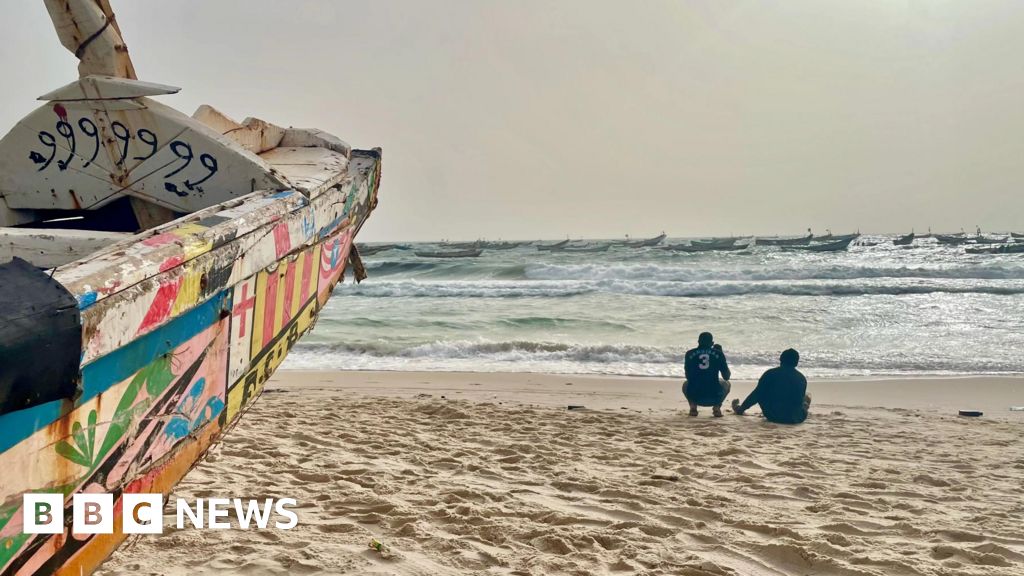Mauritania’s security forces have been systematically abusing migrants from other African countries, a report by Human Rights Watch (HRW) says.
The violations have been exacerbated by a deal with the European Union (EU) and Spain, which aims to curb dangerous sea crossings to the Canary Islands, the rights group alleges.
It documents how migrants and asylum seekers often trying to leave Mauritania have been subjected to rape, torture and extortion at the hands of the military, border personnel and other security staff.
Mauritania has rejected the findings, saying it has taken recent steps to protect migrant rights. The European Commission has said its deal is “anchored” in upholding rights.
Mauritania has become an increasingly common departure point for African migrants trying to reach Europe via Spain’s Canary Islands by boat.
Nearly 47,000 people reached the islands last year after making the extremely perilous crossing over the Atlantic Ocean.
In 2024, Mauritania signed a new migration partnership with the EU in exchange for €210m (£181m, $244m) in funding.
The HRW report details that between 2020 and early 2025 Mauritania had allegedly pursued an “abusive migration control playbook”, highlighting that in some cases Spanish security personnel witnessed the violations.
Aside from the allegations of sexual assault, torture and extortion, the 142-page dossier also accuses Mauritania’s security forces of racism, keeping migrants in poor conditions and other violations.
HRW says all the victims their researchers interviewed were black, with many alleging that racial discrimination played a role in the violations they faced at the hands of the primarily lighter-skinned security staff from the Beidane ethnic group.
“If you have black skin, they don’t respect you, they insult you and take your papers,” a Senegalese person returned home told HRW.
A Togolese woman added: “When they see me, a foreigner, it’s like they see something strange or shady.”
The report was conducted over a four-year period and included interviews with more than 220 people, HRW says.
The group of people who were cited to have been victims of alleged abuses were a mix of asylum seekers and migrants, both with regular and irregular statuses, from countries such as Senegal, Guinea, Mali, Cameroon, Sierra Leone, and Liberia, HRW said.
Women and children were also among those said to have faced rights violations.
Some of the recommendations made by HRW include increased training for security staff as well as the establishment of an independent process to probe alleged violations.
The right groups also acknowledged that migration reforms in recent months had improved the situation.

